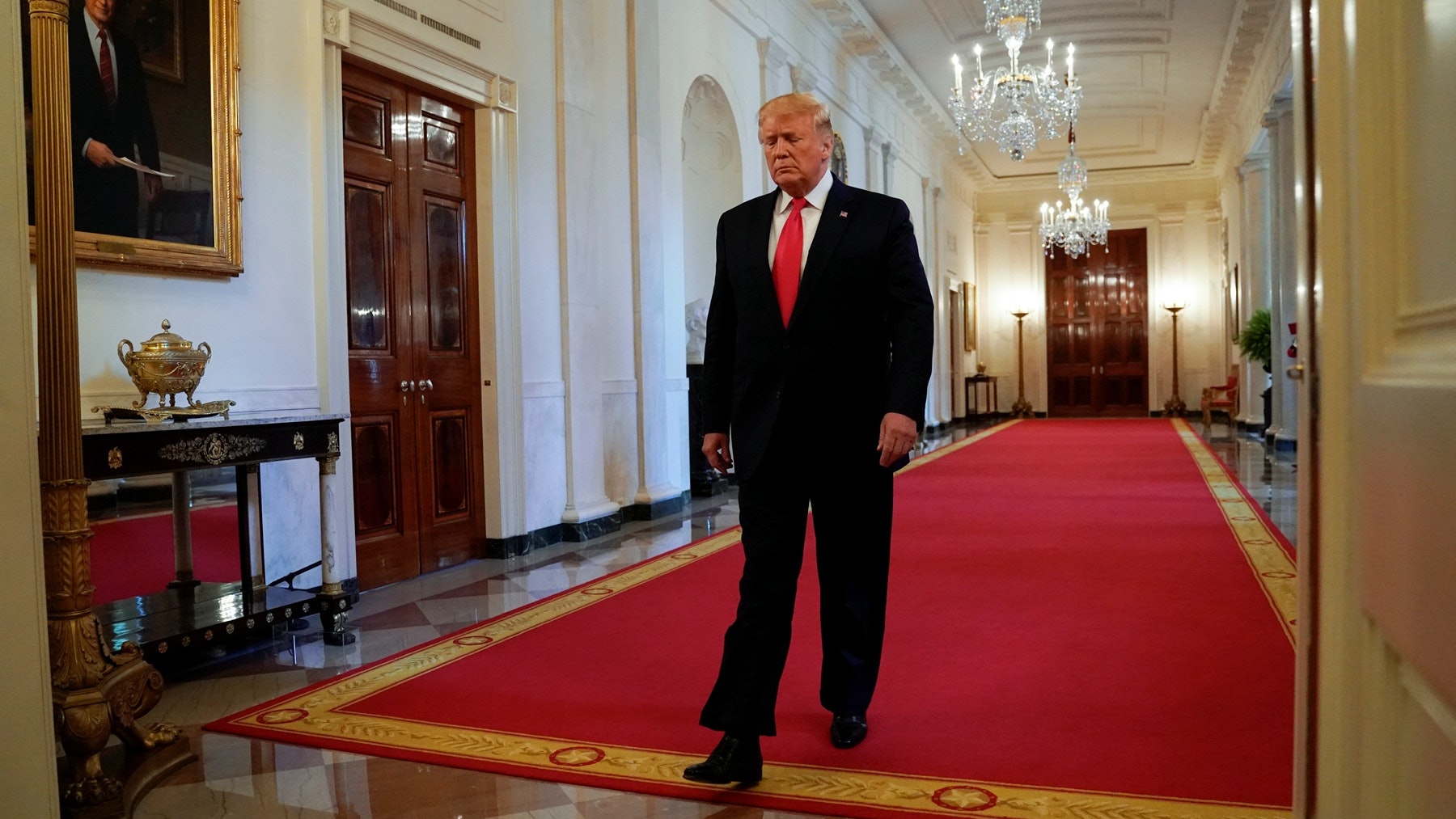The US government has repeatedly emphasized that the G20 has a special seminar. The more the Trump administration said, the more they valued it, and the more they exposed their concerns. The United States is really afraid that there will be no special seminars during the G20 summit.
The US government is constantly talking about the possibility of a special seminar at the end of June. Larry Kudlow, director of the White House National Economic Council, said on June 13: “President Trump has already expressed his strong desire for the special seminar, but the meeting between the leaders of the two countries has not yet been formally arranged.” The leader may not meet, Kudlow mentioned that Trump has already indicated that if the special seminar is not held, there may be consequences.
White House spokesman Hogan Gidley also mentioned in an interview with the Fox News Channel on June 13 that the seminar is likely to be held in Japan, but there is no actual timetable.
On June 10th and 11th, Donald Trump said that he would meet with Chinese President Xi Jinping and stressed that “the relationship between the two is very good.”
US Commerce Secretary Wilbur Ross warned on June 11 that the US and China will not reach an agreement at the G20 summit, and the special seminar on the G20 will only lay the foundation for the agreement.
White House acting chief Mick Mulvaney also said on June 11 that Trump and Chinese President Xi Jinping are expected to meet during the G20 summit in Japan at the end of June, but the two leaders will not reach a final agreement.
White House national security adviser John Bolton said on June 11 that although the trade issue will dominate Trump’s talks with Xi Jinping, don’t expect too much from the upcoming G20 Osaka summit to solve the US-China trade issue.
US Finance Minister Nuchin confirmed the special seminar at the G20 finance ministers meeting on June 8 and mentioned that if there is no progress in the special seminar, the United States will continue to impose tariffs.
Up to the US president down to the White House cabinet, the US government released a signal that the leaders of the US and China will meet during the G20 summit. However, Beijing has been indifferent. The Chinese Foreign Ministry repeated its position on June 13: “If there is specific information in this regard, we will release it in time.”
What does this frequent statement in the United States say? On the one hand, Trump hopes to see Xi Jinping’s urgent desire. On the other hand, the more the Trump administration says, the more they value this matter, and the more they expose their concerns. The United States is really afraid of the G20 summit. There was no special seminar during the period.
After the high-level China-US consultations in May, Chinese Vice Premier Liu He and Nuchin both disclosed plans for a US delegation to visit China, but so far, neither the Chinese and American officials have announced the news of their contacts. The China-US negotiations have reached a stalemate. The outside world is expecting the leaders of China and the United States to turn the trade war into a situation like the G20 meeting in Argentina in 2018.
Trump has always liked to boast that he is “great” in front of the media. The special seminar is an opportunity for him to prove that he can turn things around. This vanity will inevitably lead to his constant voice, emphasizing the existence of special seminars. If the special lesson fails to take place, this will be a “score” in Trump’s diplomacy. At the time of his re-election, such an accident was detrimental to Trump’s personal prestige.
Moreover, if there is no special seminar, this shows that the differences between the two sides are so large that it is difficult to sit down. This can be imagined by the impact of the relationship between the two countries and the impact on the confidence of the two countries. The price behind this is unbearable in the United States. On June 13, 640 US companies and organizations such as Wal-Mart and Macy’s jointly sent a letter to Trump asking for a waiver of tariffs on Chinese products.
Trump did get a consensus on trade with China in Congress, but dissatisfaction with American companies is also a question he must consider. Trump has threatened to impose additional tariffs on an additional $300 billion in Chinese exports to the United States. Research reports indicate that the tariff measures already in force will result in the loss of 2 million jobs in the United States and a 1 reduction in GDP. %.
The damage caused by the trade war to the United States is emerging. Trump needs to use trade wars to increase his support rate. He also needs to reduce the adverse effects of the trade war. He faces a difficult situation in riding a tiger, so he needs to use the special seminar to give the United States a breathing space. If the special lesson is not held, how should Trump fulfill his promise to impose tariffs on China?












